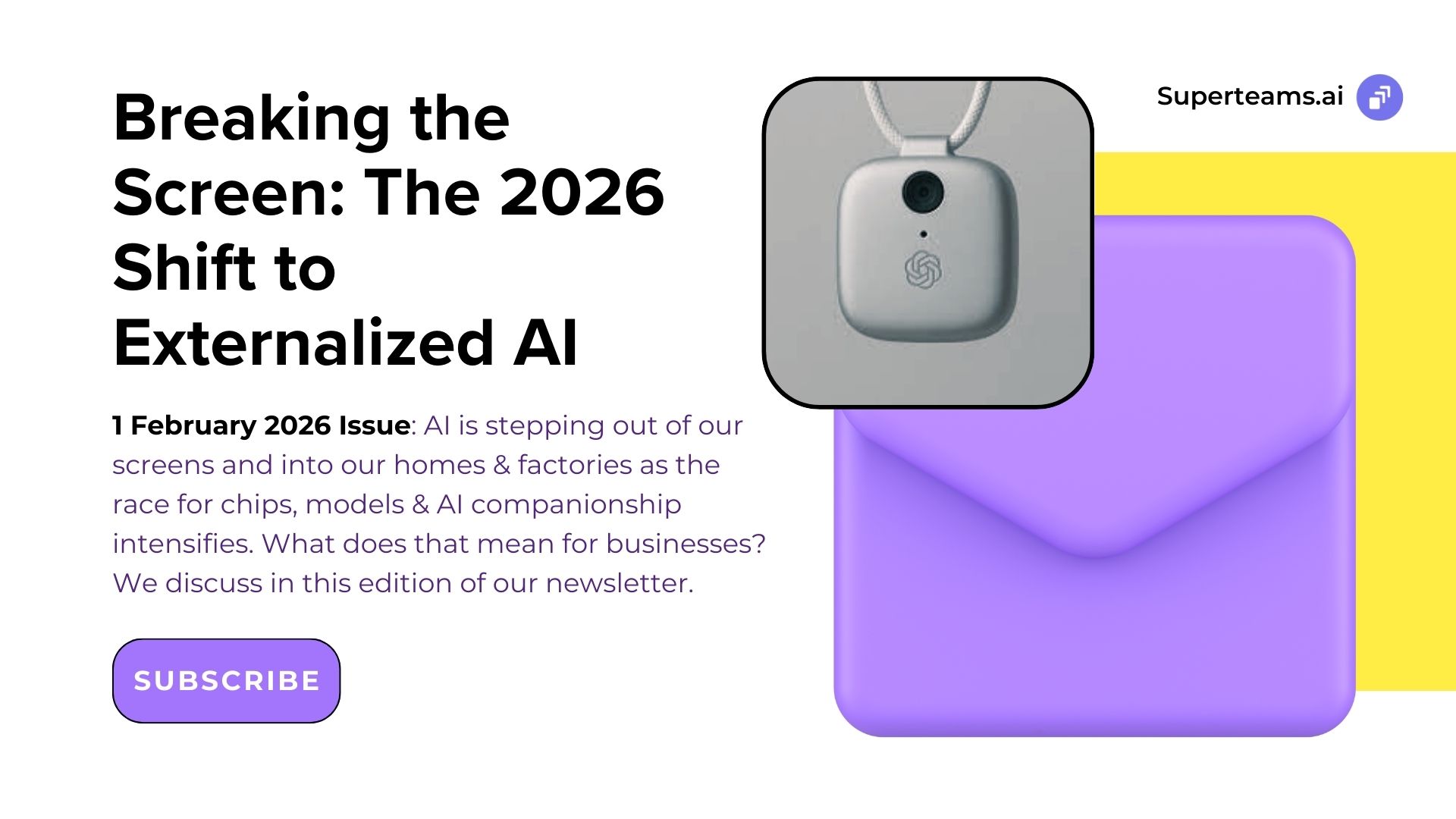The Ethics of Using AI Content Tools in Writing
Navigating AI Content Tools in Writing - is it worth using?

Introduction
The emergence of AI-generated content has ignited an ethical debate. Some claim it's plagiarism, while others argue it's unfair for content writers to face job displacement by AI.
Between 2023 and 2030, the global artificial intelligence market is poised for remarkable expansion, with an estimated annual growth rate of approximately 37.3%. Projections suggest that by the year 2030, its value will soar to a staggering $1,811.8 billion. Source
AI-generated content differs from traditional plagiarism since it's created by machines, not humans, and doesn't involve copying someone else's work without attribution.
However, some contend that AI-generated content raises ethical concerns. They assert that it unfairly disadvantages content writers who've dedicated years to their craft, as AI enables rapid and effortless content creation, providing an unfair edge to businesses and individuals.
Understanding AI Tools
AI writing tools are software applications that employ artificial intelligence algorithms to aid users in crafting written content.
These tools encompass a spectrum, encompassing basic grammar checkers and advanced language models capable of composing complete articles or essays.
They leverage natural language processing techniques to assess and comprehend text, offering support for tasks like enhancing grammar, recommending vocabulary, and even generating complete paragraphs or drafts.
You might also be interested in reading our blog on ‘Top 10 Image and Video Generation AI Tools/Platforms’.

Benefits of Using AI writing tools
- Increased productivity: AI writing tools streamline tasks that would typically be time-consuming for humans, significantly boosting efficiency.
- Enhanced language and grammar: AI writing tools offer real-time suggestions to improve language and grammar, resulting in higher-quality content.
- Time efficiency: AI writing tools rapidly create content, freeing up users to focus on other important activities.
- Creative inspiration: AI writing tools can inspire writers, aiding in overcoming blocks and fostering creative content.
- Tailored for you: AI writing tools can be personalized to match individual needs, including maintaining a specific tone or writing style.
Ethical Concerns Using AI Tools
- AI writing tools can face challenges in maintaining reliability and accuracy due to their reliance on algorithms and machine learning.
- These tools may not always grasp nuances, context, or subtle errors, raising concerns about potential false or misleading information.
- Regarding AI writing tools, there is a worry that they might unintentionally produce content that copies existing materials, potentially resulting in copyright violations.
- Misusing AI tools unethically can harm the reputation of the original author and may even result in legal repercussions.
Ethical Considerations for Users
Key points about verification which can help writers to use AI in responsible ways:
- Cross-referencing: Verify AI-generated information by comparing it with multiple reliable sources to confirm its accuracy.
- Fact-checking platforms: Utilize trustworthy fact-checking websites to verify claims and information.
- Human expertise: Involve subject matter experts to review and validate AI-generated content for accuracy.
- Critical analysis: Apply critical thinking to assess content for logical consistency and potential biases.
- Data and statistics: Double-check statistical data by referencing official reports, books, research papers, or government sources.
4 Ways to Use AI Content Tools in Your Writing Ethically
- Use AI tools to enhance your work, not replace it. Continue to bring your own creativity to the table to stand out in a cluttered market. Stay true to your own voice and style even if you are using AI tools.
- Regularly re-evaluate the effectiveness of the AI tools you are using to ensure they are producing accurate and relevant results and that AI hallucinations are as low as possible.
- Be transparent about the use of AI tools in your work if your profession requires it. Avoid plagiarizing. Attribute your work properly with citations and references. This way you acknowledge the person / organization who is the copyright holder of that content.
- Be aware of potential biases in AI generated content - they could be around gender, race, age or any other social criteria. The bias depends on the content the large language model has been trained on. So it’s important to fact-check the content after the output.
Use of AI tools in India
The demand for AI-based tools and systems is rising across India on account of fast digitization in all the major segments of our economy such as banking and financial services, healthcare, automobile, telecommunication, as AI simply assists in automation, minimizing errors and also helps in managing repetitive tasks.
The India artificial intelligence market size reached $680 million in 2022 and it is further expected to reach $3,935.5 million by 2028, showcasing a growth rate (CAGR) of 33.28% during 2023-2028. Source
Closing Statement
The growing adoption of AI content tools has prompted ethical considerations surrounding the genuineness and uniqueness of written material.
Although these tools aid in time-saving and productivity for writers, there's a concern they might lead to the creation of subpar content, eroding established writing standards.
Conversely, some experts contend that AI's role in writing isn't inherently unethical; its ethical implications depend on the manner in which the technology is deployed and utilized.
For creating ethical content for your website/business, reach out to us at Superteams.ai and we will craft the perfect content for you.








